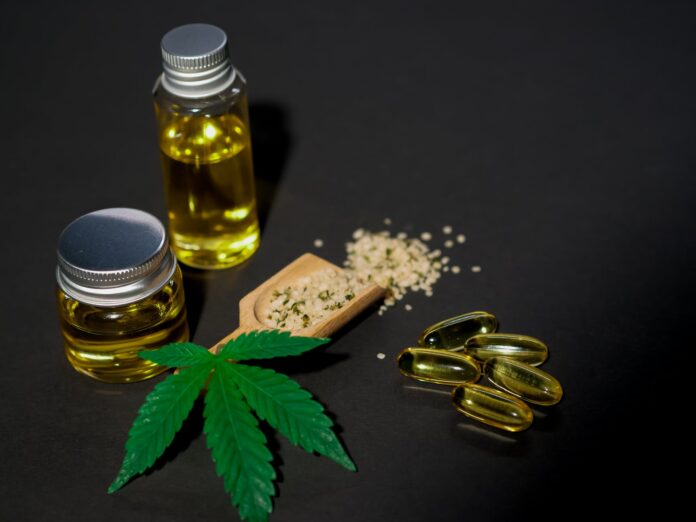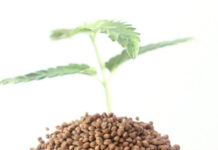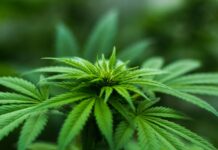CBD (cannabidiol) and THC (tetrahydrocannabinol) are the two most abundant cannabinoids found in marijuana; their molecular weights are 314.4 Dalton and 315.6 Dalton, respectively, twice as heavy as the next molecule on our list of 25 essential nutrients.
Because THC has psychotropic effects, it is easier to produce than CBD because you can use CO2 extraction methods to purify the compound. For this reason, factories that grow cannabis for recreational purposes focus on cultivating strains with high levels of THC – they sell better at dispensaries! This means that companies who extract CBD often have to pay more money for raw materials than those who extract THC. As a result, CBD products usually cost more than THC products. If you want to look at the price of some CBD products, you can look at Botanicam.
What is the Difference between CBD and THC
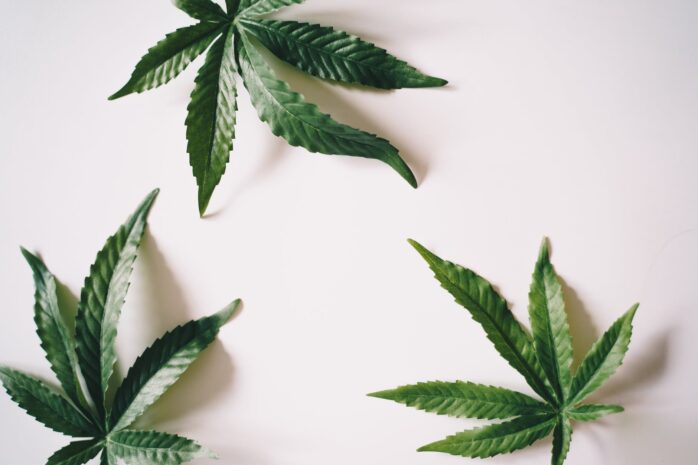
Cannabis can be used in many different forms, the most common being smoking dried flower buds. However, cannabis oil and hemp seed oil are gaining popularity as their use becomes more prevalent among consumers. One of the main differences between CBD and THC is that while THC has a psychoactive effect, it doesn’t cause any mind-altering effects.
It does not act on the same pathways as THC and instead works indirectly with CB1 and CB2 receptors. This interaction creates a neuroprotective effect, which studies have shown to be beneficial for treating schizophrenia and psychosis. Less research has been done into how CBD affects the body when compared to THC, but it is thought that it has a more significant effect on the body’s endocannabinoid system. These effects can include:
• Anti-inflammatory
• Neuroprotective
• Antidepressant
• Analgesic
CBD is also thought to play a role in the secretion and synthesis of ‘feel-good hormones such as serotonin and anandamide, improving mood. Due to their differences, CBD and THC react differently when they contact the endocannabinoid system. This means that CBD can help reduce some of the effects caused by THC, including paranoia and memory impairment.
One of the main concerns surrounding cannabis is its effect on memory, where CBD comes into its own. Studies have shown that CBD can reduce the short-term memory loss generally associated with THC due to its neuroprotective properties. This does not mean, however, that it does not affect memory. For example, research has revealed that it can improve recognition and working memory in those diagnosed with schizophrenia.
Study findings also suggest that CBD has the potential to help with both depression and addiction. The effect ithas on the endocannabinoid system means that it can also contribute to pain relief. This is one of the key reasons why cannabis-based products such as GW Pharmaceuticals’ Sativex are being used to help with cancer and multiple sclerosis symptoms.
In summary, CBD and THC react very differently when they interact with cannabinoid receptors. While both compounds have medicinal benefits, their effects vary depending on binding to CB1 and CB2 receptors.
Why is CBD more expensive than THC
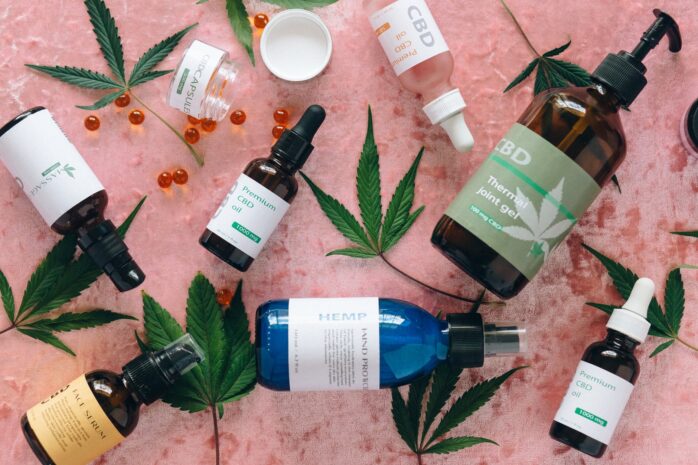
It is more expensive than THC because it is harder to produce. Many manufacturers try to reduce their production costs by extracting CBD from less-expensive industrial grades of hemp – the kind that farmers use for fiber and seeds. If you’re purchasing CBD oil on a budget, be sure to verify whether or not the product was extracted from industrial-grade hemp.
It is produced in many countries, but the quality of the finished product can vary significantly. The cost of CBD oil depends on its quality – not just how much it costs to produce, but the type of hemp used and whether or not it has been fully decarboxylated (heating raw CBD will convert it into an activated form). In addition, some manufacturers use toxic solvents during extraction or make incorrect claims about the amount of CBD in their products – which is another reason why it’s essential to purchase from a reputable manufacturer.
There are many factors involved in the price of CBD, so it’s hard to give an exact number without doing some calculations first. The easiest thing to do is take the cost per milligram of CBD and multiply that by the total milligrams of CBD found in each product you’re considering. That calculation will help you understand how much it costs to obtain each milligram of CBD.
Doing this calculation may help you better understand what kind of budget you’ll need for your upcoming purchase(s). If you find that buying high-quality CBD oil for $0.03/mg is too expensive, consider whether you’d prefer to use a lower-cost hemp extract (such as the raw full-spectrum oil) to treat your medical condition(s).
If you’re unsure how concentrated an ounce of CBD should be, experiment with milligram dosages using this calculator. If you discover that dosages from low-concentration oils are just as effective for your needs, then it may make more sense to purchase a cheaper product and take slightly higher doses.
…Is there any way I can try before I buy?
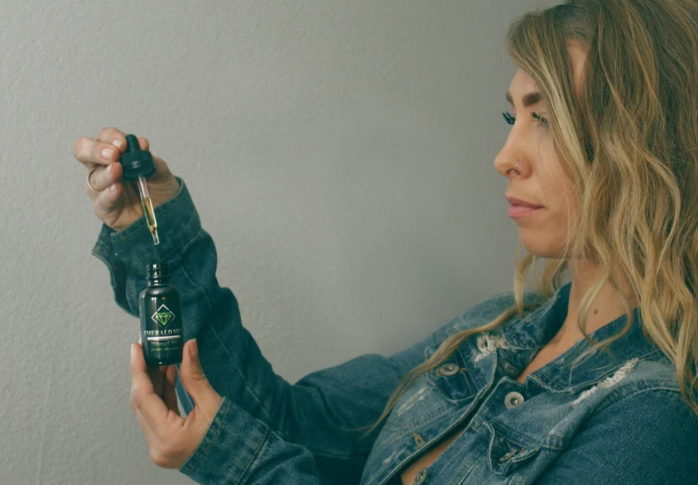
Yes! It’s essential to know your source so you can determine if they have been reliable over time. Most companies offer free samples or trial sizes of their oils, which can help you decide if oil is right for you before buying a full-size product.
Most manufacturers sell CBD oil in dropper bottles that contain roughly 20 mg of CBD.
Some companies offer low concentrations (5-10mg), so bottling this amount may not be feasible without utilizing other filling agents. If the bottle contains other ingredients – such as MCT oil or hemp seed oil – check to see if they are included in milligram amounts listed on the label. If the concentration of CBD doesn’t match what is advertised, don’t buy it!
Additional information
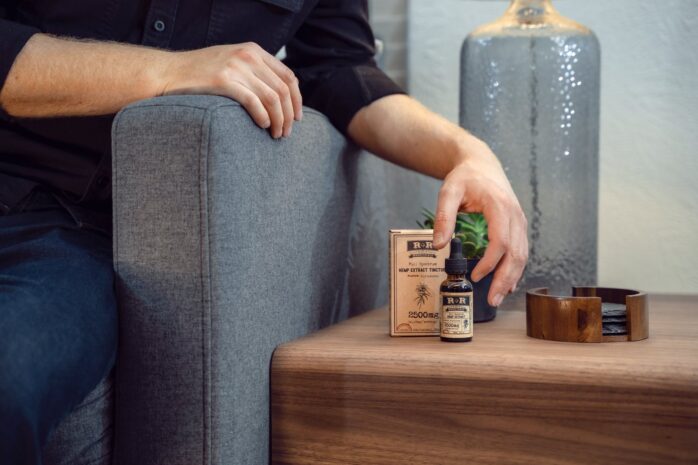
Some companies extract CBD using CO2, which is expensive due to the energy costs of running a whole factory full of gas canisters that require pressurized carbon dioxide (or another inert/inactive gas). The cheapest method is called “grain alcohol” extraction, where you soak plant material in high-proof alcohol for an hour or two and then filter out the plant matter. Unfortunately, grain alcohol extracts are less effective regarding cannabinoid content, so they are not ideal if you want lots of CBD.
Its extractions may also extract traces of mycotoxins from moldy cannabis, carcinogenic compounds produced by molds growing on organic crops. Contaminants are prevalent on hemp, a common material for CBD extractions.
To avoid production costs going through the roof, some CBD producers dilute the cannabinoid with hemp oil, which is cheap but ineffective at treating disease (and doesn’t taste as good either). Others use alternative extraction methods such as ethanol (grain alcohol), CO2, propane, and olive oil that are more expensive than the cheaper grain alcohol – but these processes ensure what you’re ingesting is pure CBD with no contaminants.
Conclusion
If the main concern is getting a good value for money and doesn’t mind if it has traces of THC (which won’t cause psychoactive effects), you can save money by buying a THC product. If you need something highly purified to treat a medical condition, then maybe you may want to go with the more expensive (but purer) CBD extractions, which contain very few or no traces of THC.

